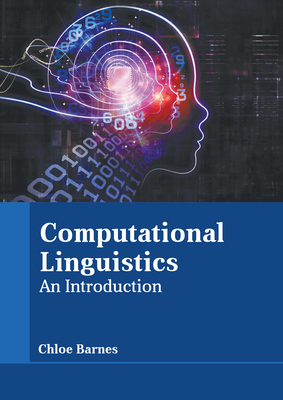名词动词:类转换的概率框架语义
IF 5.3
2区 计算机科学
Q2 COMPUTER SCIENCE, ARTIFICIAL INTELLIGENCE
引用次数: 0
摘要
摘要人类可以灵活地将单词用法扩展到不同的语法类别,这种现象被称为单词类别转换。名词-动词转换,或名词-动词(例如,谷歌廉价航班),是最常见的词类转换形式之一。然而,现有的自然语言处理系统在解释和生成新的名词动词用法方面很差。先前的工作表明,如果听众能够根据与说话者共享的知识来计算意图,那么新的名词动词用法是可以理解的。在这里,我们探讨了这个建议的计算形式,用框架语义表达。我们提出了一个形式框架Noun2Verb,通过在语义框架中建模说话人和听话人的共享知识,模拟新名词动词用法的产生和理解。我们评估了一组递增的概率模型,这些模型学习通过转述来解释和生成新的名词动词用法。我们发现,说话者和听者合作学习语义框架元素的联合分布的模型比最先进的语言模型更好地解释了经验名词动词用法,该模型根据以下数据进行了评估:(1)成人和儿童言语中的当代英语,(2)当代汉语普通话,以及(3)英语的历史发展。我们的工作以概率框架语义为基础,在词汇创造力方面弥合了自然语言处理系统和人类之间的差距。本文章由计算机程序翻译,如有差异,请以英文原文为准。
Noun2Verb: Probabilistic Frame Semantics for Word Class Conversion
Abstract Humans can flexibly extend word usages across different grammatical classes, a phenomenon known as word class conversion. Noun-to-verb conversion, or denominal verb (e.g., to Google a cheap flight), is one of the most prevalent forms of word class conversion. However, existing natural language processing systems are impoverished in interpreting and generating novel denominal verb usages. Previous work has suggested that novel denominal verb usages are comprehensible if the listener can compute the intended meaning based on shared knowledge with the speaker. Here we explore a computational formalism for this proposal couched in frame semantics. We present a formal framework, Noun2Verb, that simulates the production and comprehension of novel denominal verb usages by modeling shared knowledge of speaker and listener in semantic frames. We evaluate an incremental set of probabilistic models that learn to interpret and generate novel denominal verb usages via paraphrasing. We show that a model where the speaker and listener cooperatively learn the joint distribution over semantic frame elements better explains the empirical denominal verb usages than state-of-the-art language models, evaluated against data from (1) contemporary English in both adult and child speech, (2) contemporary Mandarin Chinese, and (3) the historical development of English. Our work grounds word class conversion in probabilistic frame semantics and bridges the gap between natural language processing systems and humans in lexical creativity.
求助全文
通过发布文献求助,成功后即可免费获取论文全文。
去求助
来源期刊

Computational Linguistics
工程技术-计算机:跨学科应用
CiteScore
15.80
自引率
0.00%
发文量
45
审稿时长
>12 weeks
期刊介绍:
Computational Linguistics, the longest-running publication dedicated solely to the computational and mathematical aspects of language and the design of natural language processing systems, provides university and industry linguists, computational linguists, AI and machine learning researchers, cognitive scientists, speech specialists, and philosophers with the latest insights into the computational aspects of language research.
 求助内容:
求助内容: 应助结果提醒方式:
应助结果提醒方式:


